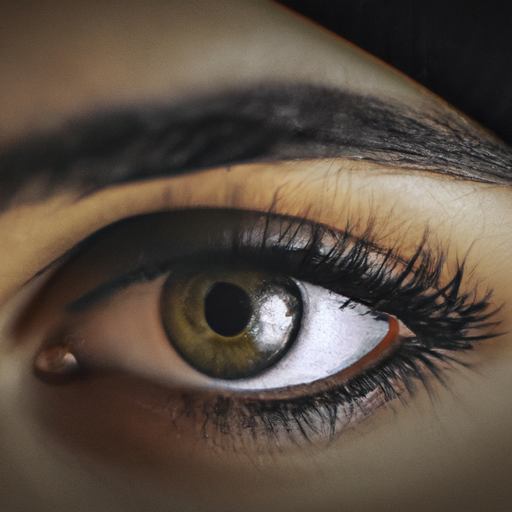As a dermatologist, I have seen countless patients seeking advice on how to maintain youthful, radiant skin. One of the most common concerns is the appearance of fine lines, wrinkles, and dark circles around the eyes. These signs of aging can make one look tired and older than they truly are. However, there is a solution to this concern that has been gaining popularity over the years: anti-aging eye creams.
Anti-aging eye creams are specially formulated products designed to combat the signs of aging specifically around the delicate eye area. They are often packed with potent ingredients that work together to rejuvenate the skin, reduce puffiness, lighten dark circles, and smooth out wrinkles and fine lines. But do they really work? The answer is a resounding yes.
The skin around our eyes is thinner and more delicate than the rest of our face. This makes it more susceptible to damage from environmental factors like sun exposure and pollution, as well as internal factors like stress and lack of sleep. Over time, these factors can lead to the breakdown of collagen and elastin, two proteins that keep our skin firm and elastic. As a result, we start to see the formation of wrinkles and fine lines.
Anti-aging eye creams are designed to counteract these effects. They often contain ingredients like retinol, a form of vitamin A that promotes cell turnover and boosts collagen production; peptides, which signal the skin to produce more collagen; and hyaluronic acid, a powerful hydrator that can hold up to 1,000 times its weight in water. These ingredients work together to plump up the skin, smoothing out wrinkles and fine lines.
In addition to these wrinkle-fighting ingredients, many anti-aging eye creams also contain light-reflecting particles to instantly brighten the eye area and reduce the appearance of dark circles. Some even contain caffeine, which can help reduce puffiness by constricting blood vessels.
However, it’s important to note that not all anti-aging eye creams are created equal. The effectiveness of these products largely depends on the quality and concentration of their ingredients. As a dermatologist, I always recommend my patients to look for products with clinically proven ingredients and to be wary of those with too many fillers or harsh chemicals.
Moreover, consistency is key when it comes to anti-aging skincare. These products won’t deliver overnight results, but with regular use, you can expect to see a noticeable improvement in the appearance of your eye area.
In conclusion, anti-aging eye creams can indeed be a powerful tool in your skincare arsenal. They are specially formulated to address the unique needs of the delicate eye area, helping to reduce the appearance of wrinkles, fine lines, and dark circles. While they may not be the mythical fountain of youth, they can certainly help you maintain a youthful and vibrant appearance.
Remember, it’s never too early or too late to start taking care of your skin. So if you’re concerned about signs of aging around your eyes, consider incorporating an anti-aging eye cream into your skincare routine. Your future self will thank you.



